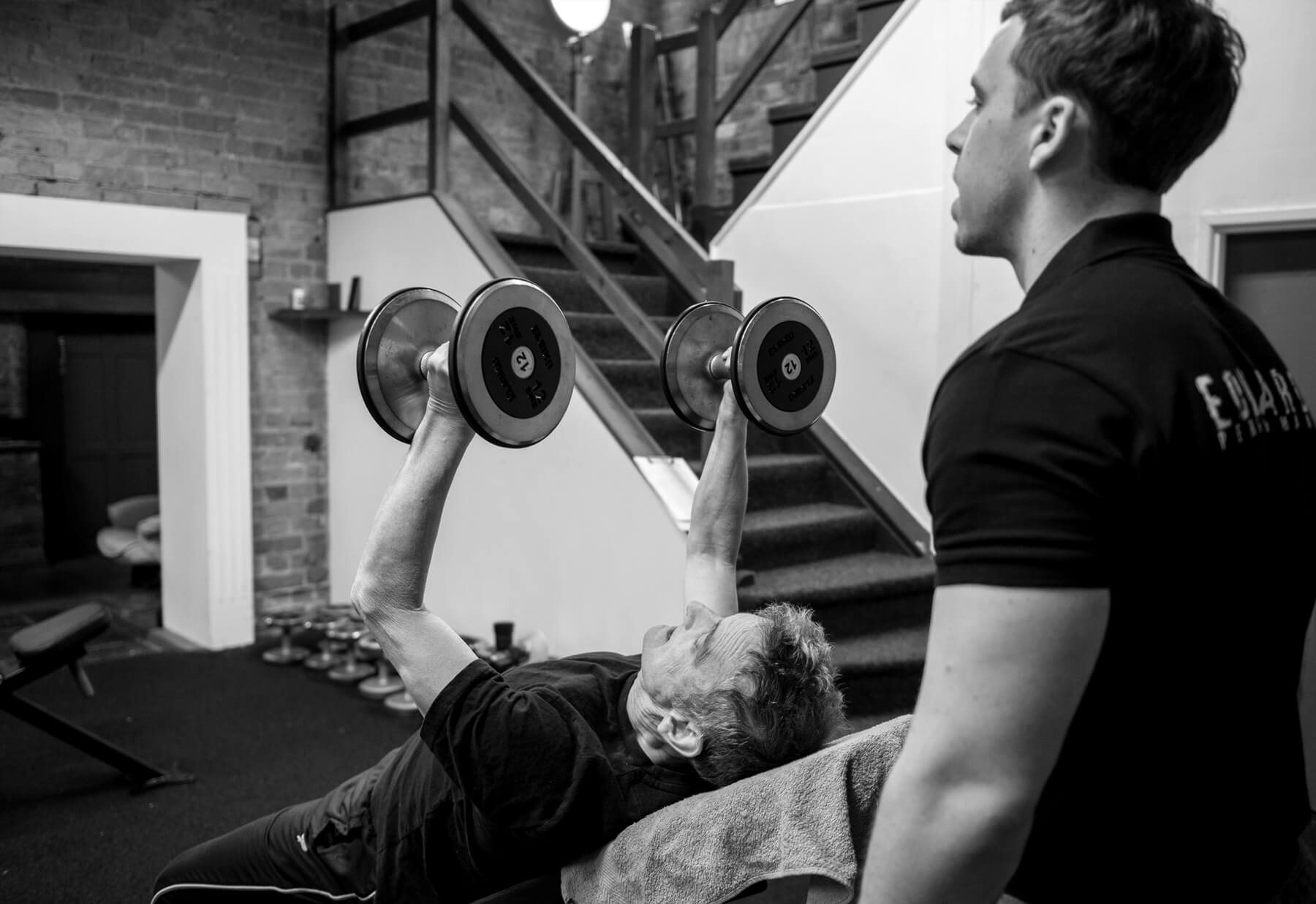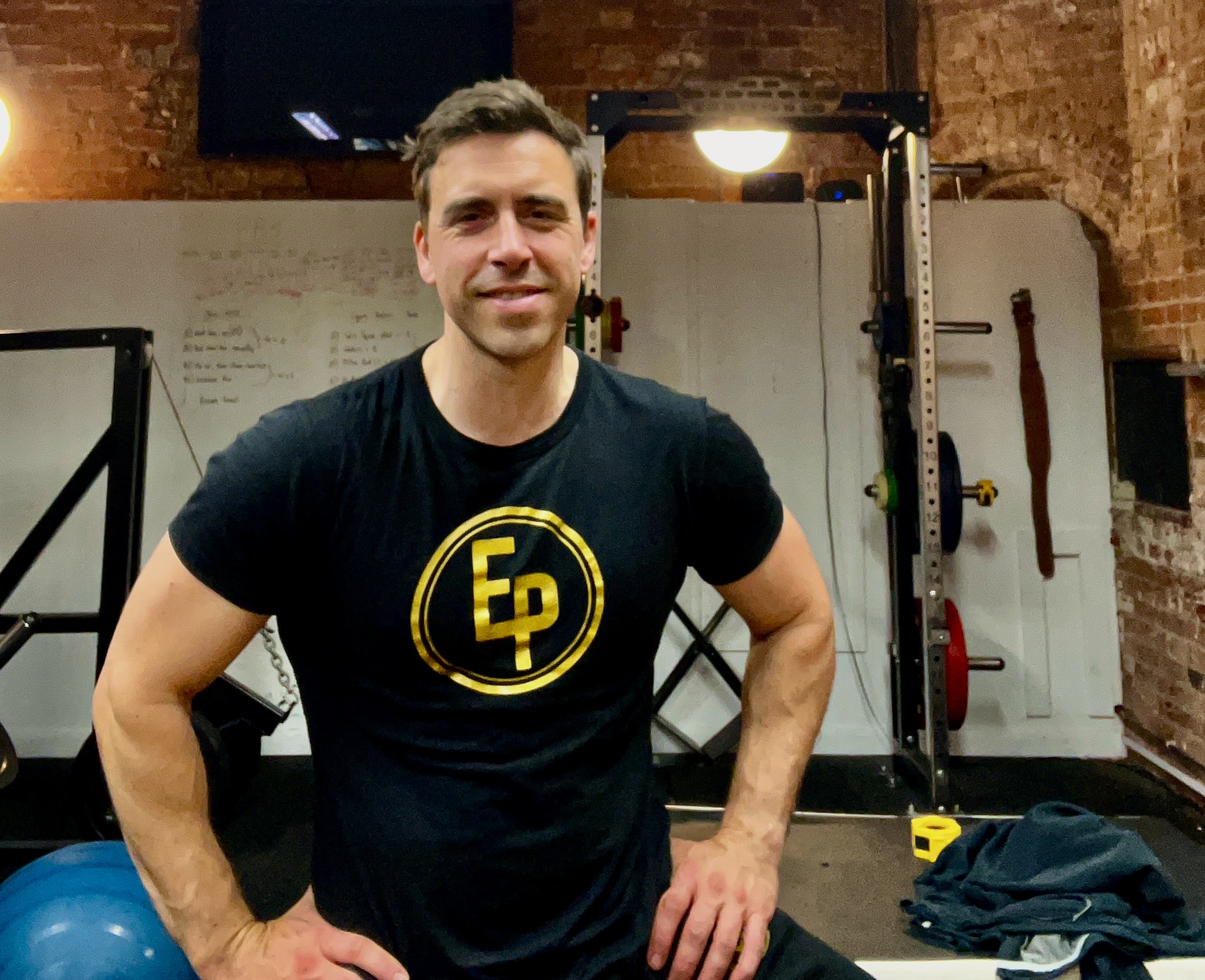Focus on Habits for Massive Change. (2/5)
How focusing on actual behaviours rather than outcomes leads to better outcomes.
Outcomes are out of your control. You cannot simply you desire an outcome and it occurs. All you can do is decide to take the actions that might lead you there. For example;
You cannot simple decide to weigh less. You can decide to eat less for a month.
You cannot Simply decide to earn more. You can decide to do more of the activities that bring in new customers, or make you more valuable.
You cannot decide to run a faster triathlon. But you can decide to train more, or push harder in training, or get a better program and follow it.
Doing the behaviours that lead to the desired outcome is within your sphere of agency, and this is where you should focus your attention, allowing the outcome to follow naturally. As hall of fame American football coach Bill Walsh used to say ‘the score will take care of itself’.
To begin with, the right behaviours take effort and attention to execute correctly or even at all. But eventually they become effortless, automatic behaviours, that are engrained in your way of life. We call these habits. Habits are a big key to success in achieving a meaningful change. Our brain likes to make it easy on ourselves by automating as many behaviours as possible to free up cognitive capacity for more important and challenging decisions. And thank goodness it does. Can you imagine how draining life would be if you had to consciously remember to brush your teeth every morning, and how to! And every other benign little task like that in a day?
The problem is that habits can be derailing us without us even knowing, and the lack of beneficial ones can be holding us back from frictionless progress. When focusing on losing weight, for example, a person may track the scale, the outcome. But what they really need to do is track which habits are hindering their progress, and focus on building ones that make it unreasonable to not achieve that outcome.
To illustrate, lets take a person who wakes at 7am, leaves the house with no breakfast by 7:40, never trains, grabs lunch from Greggs a few doors down from the office, and cracks open a beer upon arriving home at 7pm. Most would agree, plenty of habits holding back weight loss efforts there.
Now, lets say this person go into the habit of waking at 6am (I’ve already lost some of you, but humour me). He cooks a 4oz steak and two eggs for breakfast (ok I lost a few more of you, but stay with me please). He preps a chicken salad full of 8 types of plant for lunch later, and leaves the house at 7:40 with a full belly. At lunch he eats his salad and takes a 30 minute walk in the local park. After work, he stops at the gym, does 30 minutes of well planned exercise and heads home for 8:15pm. He drinks an electrolyte drink while he relaxes (I fully admit electrolytes drinks are not as refreshing as beer). With these habits in place, for a period of six months, I am sure you would all agree that losing weight would be a totally expected outcome for this chap. As would; better mood, better sleep, enhanced productivity, better fitness, and better health.
To hark back to my last piece about starting small, we would not try to build all these habits at once, but one at a time, slowly. Ask yourself the following question: “Where am I behaving in a way that derails the goals I claim to want for myself”. You WILL have things to make that list. Start with either the one doing the most damage (if highly motivated) or the one easiest to change (if not so motivated).
Now, try to change the habit before the habit. The smallest step you can make. In our example above, go and buy five 4oz steaks on Sunday. Individually vacuum packed (any butcher will do this for you if asked). Lay the pan out the night before. Make is as easy as possible when the time comes to actually do the thing.
A personal example for you. I had been struggling with my early morning writing habit for a while. It involved not only getting up earlier, but setting up my laptop and work station at the dining table, deciding what to write about and getting started. Often the inertia created by the setup and mental effort required to settle on a topic was enough to mean what actually happened is that I got up early and watched NBA highlights until the kids woke up. So I made the following changes. The night before, I set up my work station, opened up my notebook and set out my topic, and a mind map for what I wanted to say. When I woke up the next morning, I zombied down stairs and made coffee on auto pilot, then sat at the table, and started working almost effortlessly. Total time invested the night before was less than ten minutes. Total weekly productivity gained nearly 7 hours ( I do it 7 days a week now).
My goal was to write and post more. But my focus was on setting up the criteria that would make failing to do that unreasonable. That meant making the lead behaviours as easy and automatic as possible.
The best book I’ve ever read on habits is the well known “Atomic Habits” by James Clear. Well worth a read of this spikes curiosity.
I’d love to hear about progress stories


